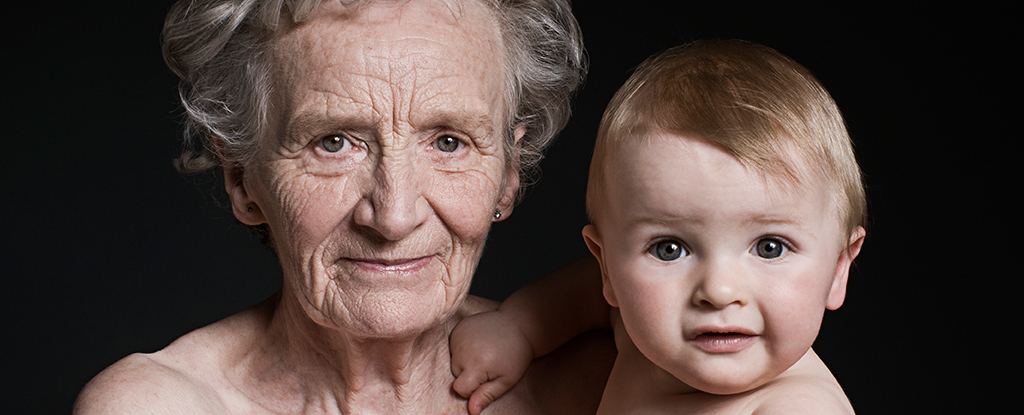Growing old may come with more aches and pains attached, but new research suggests there’s a bigger picture to look at: by reaching our dotage, we might actually be helping the evolution of our species.
Once assumed to be an inevitable consequence of living in a rough-and-tumble world, aging is now considered something of a mystery. Some species barely age at all, for example. One of the big questions is whether aging is simply a by-product of biology, or something that comes with an evolutionary advantage.
The new research is based on a computer model developed by a team from the HUN-REN Centre for Ecological Research in Hungary which suggests old age can be positively selected for in the same way as other traits.
In recent years, scientists have looked into the inevitability of aging and the associated deterioration of the body (technically known as senescence). What the model suggests is that in certain situations, it can be beneficial to a species.
“Aging can have an evolutionary function if there is a selection for senescence,” says evolutionary biologist Eörs Szathmáry, from the HUN-REN Centre for Ecological Research. “We aimed to uncover this selection.”
Such situations require strong directional selection, where evolutionary pressures (such as predators or environmental change) guide traits in a consistent direction; and significant kin selection, where genes have a higher chance of being passed on through the assistance of relatives.
“For example, it is possible that in a changing environment, aging and death are more advantageous for individuals, because this way the competition, which hampers the survival and reproduction of the more adaptable progeny with better gene compositions, can be decreased,” says Szathmáry.
In other words, natural aging and death leaves space for a new generation that just might have better combinations of genes.
The researchers also suggest that having more generations sticking around through a drawn-out senescence in organisms that are strongly altruistic would be favored by kin selection. In other words those that help their relatives create a new generation have their long-aging genes passed on more often through them.
While humans as a species might be obsessed with stopping aging, it seems that senescence has an important role to play in terms of evolutionary advantage – a role that experts are still trying to explore and understand.
“It has become accepted in the evolutionary biology community that the classical non-adaptive theories of aging cannot explain all the aging patterns of nature, which means the explanation of aging has become an open question once again,” says Szathmáry.
The research has been published in BMC Biology.





